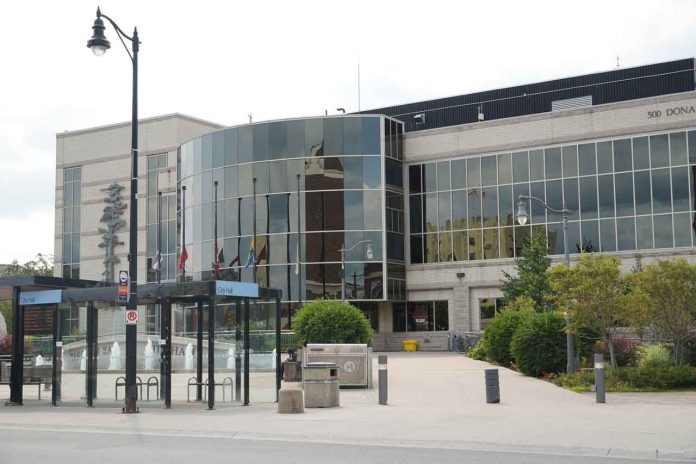Mayors of 26 Municipalities Empowered to Fast-Track Housing Projects
TORONTO — The quest to achieve a housing target of 1.5 million homes by 2031 receives a significant boost. The Ontario government has unveiled plans to extend strong mayor powers to the leaders of 26 rapidly growing municipalities, all of whom have endorsed a housing pledge aligned with the province’s ambitious goals.
Minister of Municipal Affairs and Housing, Steve Clark, made the announcement at today’s Ontario Big City Mayors meeting. Following the successful implementation of strong mayor powers in Toronto and Ottawa in the Fall of 2022, this expanded move is slated to come into effect on July 1, 2023.
Power to the Municipalities
Minister Clark underlined the critical role of municipalities in attaining Ontario’s housing vision. “With the housing pledges, these 26 municipalities signal their recognition of the significance of our housing target,” Clark remarked. “In return, we’re equipping them with potent tools to streamline housing projects and drive us closer to our 1.5 million homes milestone by 2031. We’re eager to onboard other municipalities sharing this vision.”
The Perks and Accountability of Enhanced Powers
The strong mayor powers are meticulously crafted to empower heads of councils with more streamlined authority to tackle municipal-provincial priorities such as housing, transit, and infrastructure. These powers introduce greater efficiency while balancing accountability for local leaders. Moreover, the system remains transparent and answerable, with councillors retaining the ability to overrule the mayor’s decisions through a two-thirds majority vote on vital matters.
Key Powers and Responsibilities Include:
- Appointing the chief administrative officer for the municipality.
- Recruitment of certain municipal department heads and the flexibility to structure and re-organize departments.
- Establishing council committees, designating their roles, and nominating chairs and vice-chairs.
- Proposing the municipal budget, with the council holding the power to introduce amendments.
- Veto rights on specific by-laws that could clash with provincial priorities.
- Introducing matters for council deliberation, especially if they align with provincial objectives.
Unified Vision for Housing
Marianne Meed Ward, Chair of OBCM and Mayor of Burlington, emphasized the collective commitment of Ontario’s Big City Mayors to the provincial housing objective. “Every member of our coalition has adopted the housing pledge, showcasing our unified front to achieve the 1.5 million homes target by 2031,” she stated. “Each community has distinct housing challenges, and the strong mayor powers provide a versatile tool to help municipalities tailor their strategies. Our dedication remains unwavering to work in tandem with the province in ensuring Ontarians have access to the homes they need.”







